[Old General Record] Rodney Starkey: The person who accompanied the Pistons!
3:52am, 28 July 2025Basketball
As the old bottom team in the Eastern Conference, for the Pistons, this civilian team always seems to lack stars in history. Before Cunningham's new Pistons, looking back at the first ten years of Detroit, how many more can you remember when you mention players who have served as core players?
is Drummond? Or Reggie Jackson? Or other teams transfer to Griffin and McGrady. Among these people, there is a name that many fans may have forgotten: Rodney Starkey.
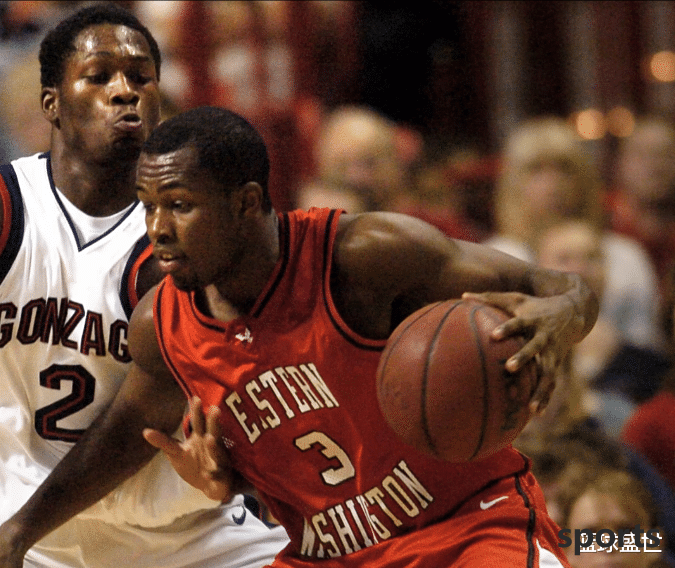
For this little cannon guard who had been with the Pistons for seven seasons, although the star quality is not high, it was once the team's ZTE hope for a period of time after the disintegration of the Pistons' Five Tigers.
Returning to Rodney's career trajectory, Born in Washington State, he became famous at a young age. He was already a well-known star in the state in high school. In 2004, he led the team to win the 4A League championship, defeated Marvin Williams, and won the finals MVP and the best player in the state.
When he came to the university stage, Rodney chose to attend the University of Washington, and contributed 24.2 points and 4.1 assists in the first year, and 24.6 points and 5.5 assists in the second year, he accumulated 1,438 points in two seasons and scored 98 three-pointers. Rodney's No. 3 jersey was also retired from college after he graduated.
The talented defender was selected by the Pistons at the 15th overall pick in the 2007 draft night. Looking back at the Pistons at that time, they were still at the top level of the Eastern Conference, but after losing to the Eastern Conference Finals, facing the aging of the main players of the lineup, the team's general manager Dumas had already begun to plan for the future early, and in his plan, Rodney Starkey was a key step in the transition.
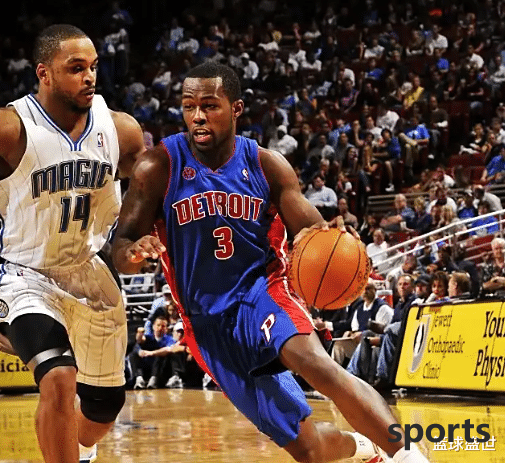
Rodney, who wore the Pistons jersey, played offensive firepower with an average of 19 points and successfully entered the Summer League's best team; but embarrassingly, in the last game of the pre-season warm-up match, Rodney suffered a bone injury in his left hand, which directly caused him to miss the first six weeks of the game and did not make his debut until the end of December of that year.
After starting from the bench, I scored 11 points in just 6 minutes. At this point, Rodney spent this season mainly on the bench, serving as Billups' substitute, leaving averaging 7.6 points and 2.8 assists per game in the rookie season. Although it was slightly mediocre than expected, thanks to several outstanding performances, he was successfully selected for the second team of the All-Rookie Team.
The key turning point was in the 2008-09 season. After the Pistons lost the Eastern Conference Final for three consecutive years, Dumas, who was striving to change, traded Billups to the Nuggets at the beginning of the season in exchange for Iverson, who had a lot of conflict with the Pistons. Faced with the rebellious Iverson, Rodney unexpectedly failed to give up the No. 3 jersey, which made Iverson wear the No. 1 jersey for the first time, which once caused a lot of heated discussion at the time.
But from this incident, it also means that the Pistons have regarded him as the cornerstone core of the team.
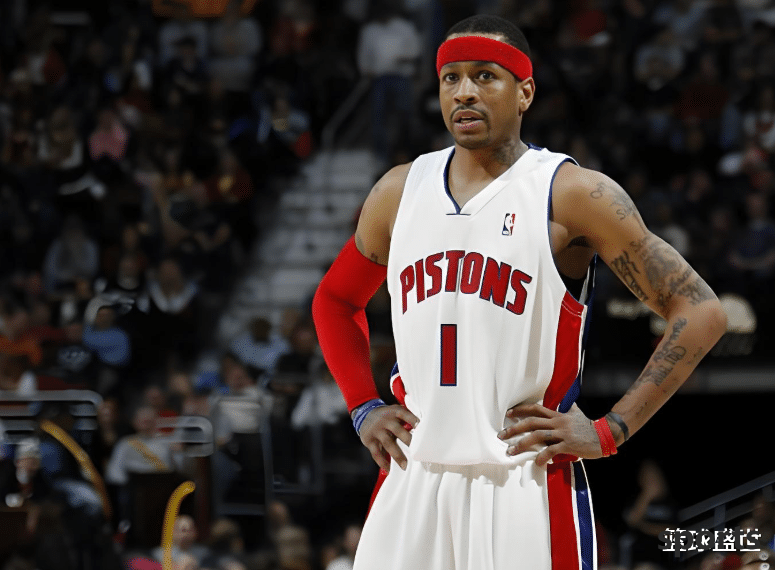
At the embarrassing node of the awkward moment, the Pistons were quite optimistic about Rodney's future potential, but due to the crowded team rotation, not only did the senior Hamilton, but also the league's balloon star Iverson, the three monks had no water to drink. Although Rodney got 65 starters that season and his personal data reached 13.4 points and 4.9 assists, his chemistry with his two seniors was not ideal. In 2009, he only advanced to the playoffs with the eighth senior in the division, and was eventually swept out of the playoffs.
From then on, the Pistons began to rebuild with Rodney as the core, and won a total of 179 wins and 247 losses in six years. This record is quite embarrassing. It is neither enough to advance to the playoffs nor to play a bad game to grab a high pick.
Faced with such a situation of being up and down, the Pistons wasted several years. With Richard Hamilton, Rashid Wallace, Antonio McDiss and others leaving the team, the Pistons have been constantly trying new lineups in recent years, signing Ben Gordon, Charlie Villanueva, Josh Smith and others to help.
Then he added young combat powers such as Jason Mark Hill, Jonas Jerebko, Greg Monroe in the draft, and even found many veterans to inherit their experience, but they could not get into the team effect. More importantly, for the new core Rodney Starki, he gradually began to be unable to adapt to his team role.
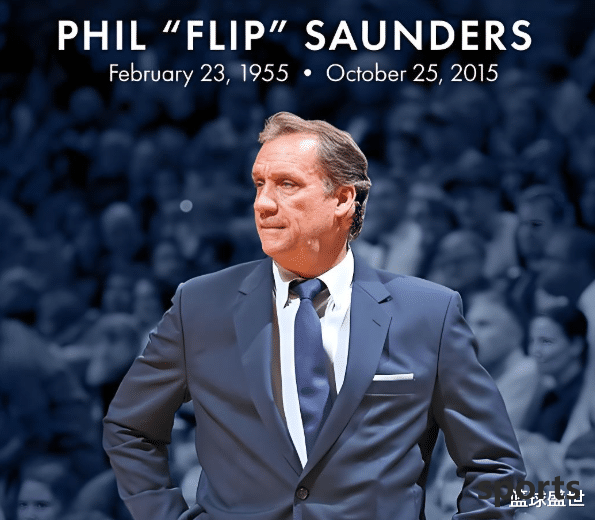
And outside the player lineup, the problem of the team's coaching seat has always existed. After Philip Sanders left, he went through Michael Curry, John Custer, Lawrence Frank, and Morris Chicks, but he has not been able to integrate the team's combat power. What's worse, they cannot even use Rodney Starkey correctly, which has led to the new core's decline after briefly reaching its peak in the third season.
Judging from these seasons, although Rodney's own development is limited, the Pistons are also responsible for the training process. They keep changing coaches. The team has not developed a complete training system, and no famous coach can suppress the team. During this period, the players have had many conflicts with the coach. Such a chaotic situation did not improve slightly until Van Gundy took over the Pistons' management, but unfortunately, Rodney Starkey had already left the team at that time.
Of course, as mentioned above, Rodney's own flaws are becoming more and more obvious in the later stages. The Pistons' three-point shooting percentage in seven seasons is only 28.6%. Although they have breakthrough explosive power, their overall offense is on the left side, with obvious technical weaknesses, and lack of vision for sudden points. Under the influence of these shortcomings, although they are high-quality scorers, they cannot make their teammates better, and it is difficult to lead the team to win.
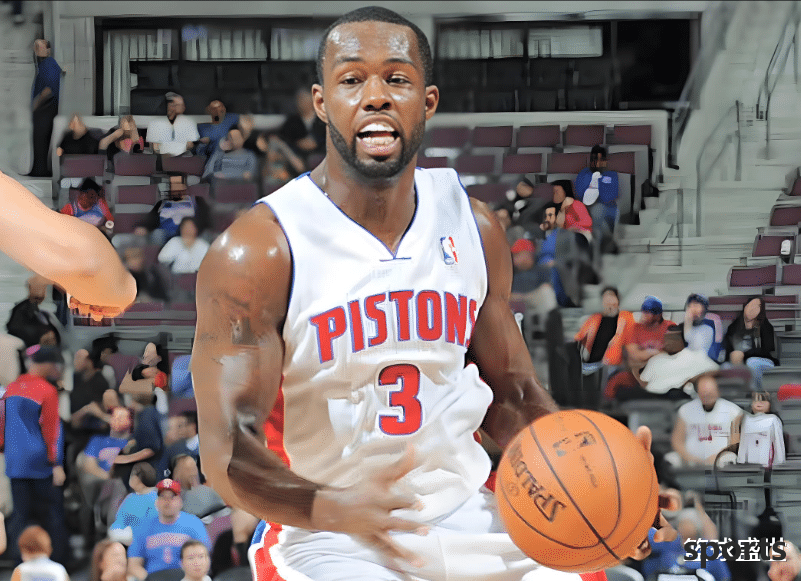
From the perspective of subsequent developments, for Rodney, perhaps he has always been more suitable for the role of the sixth person.
It is undeniable that Rodney was indeed full of talent at the beginning and was a potential dual-athlete guard worthy of training. For such young players, in addition to having stable room for performance, a suitable training system is the key..
But unfortunately, when Rodney came to the Pistons, it happened to be the time when the Pistons went downhill. He had the opportunity to become the core cornerstone and also the opportunity to be the person who led the Pistons back to the top. Rodney did not disappoint the Pistons in at least the first three seasons, but at the beginning of his fourth season of his career, his growth progress began to slow down and even showed a significant trend of regression.
Rodney was unable to grasp this critical stage of rapid growth, psychologically and technically, and the piston did not give him a good enough environment to improve, which is a pity.
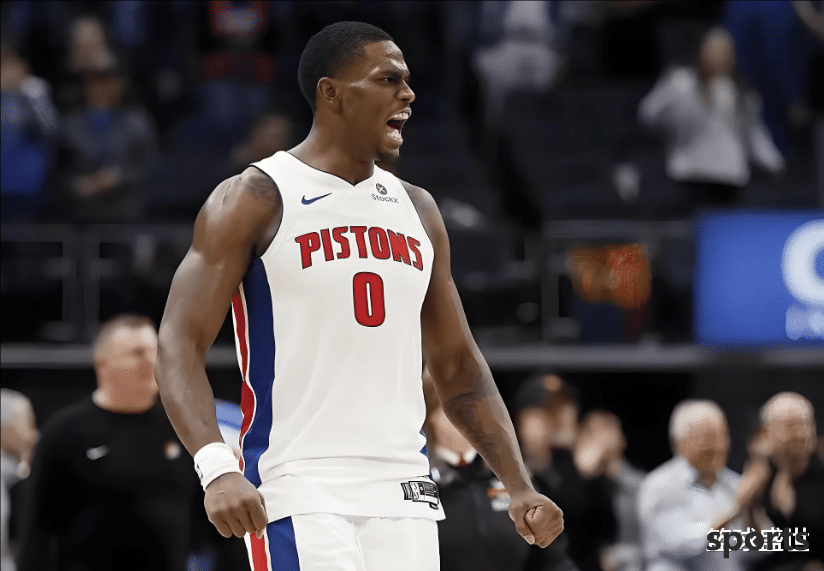
Since the 2012-13 season, Brandon Knight, who has the same attributes, has gradually risen, and the team has begun to reorganize around the core lineups of Greg Monroe and Drummond, and Rodney has gradually lost the opportunity to start. After Josh Smith, Jennings and others arrived the next year, Rodney began to start from the bench. Judging from his career, this role may be more suitable for him, but unfortunately it was too late.
After the end of the 2014 season, facing the Pacers who lost Stephenson, Rodney chose to join in looking for a second spring in his career, but after moving to the Pacers, Rodney's performance was still limited. After gradually losing the rotation position, he was cut in the Pacers in the third year and left the NBA stage sadly when he played the year.
Looking back at these years, Rodney accompanied the Pistons through a rather dark seven years, which was one of the few highlights of this team at that time, although most of them were blamed by fans or other reasons.
Whether it is Rodney himself or the Pistons' trading decision, or perhaps the already high expectations at the beginning, he has carried a burden beyond his ability, and eventually he can only end up in a regretful ending, leaving the fans with a sigh.
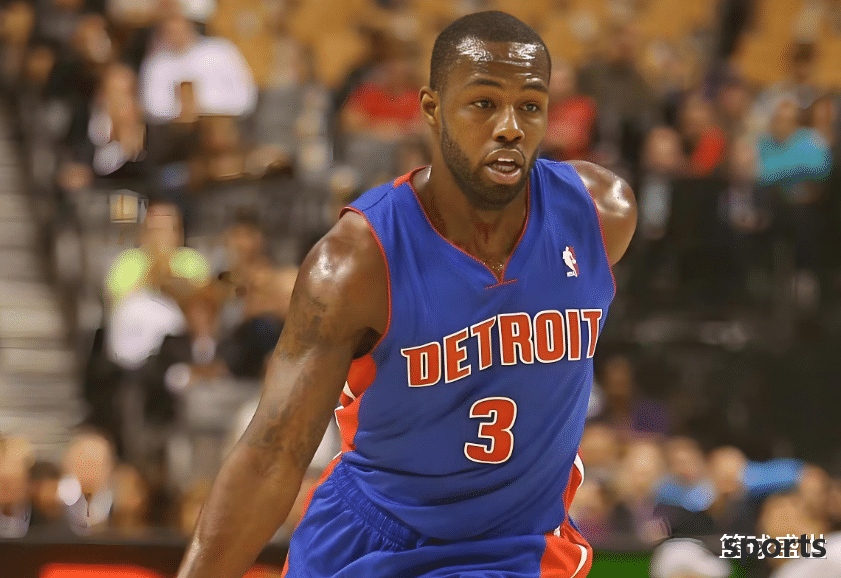
Last:Wade responded domineeringly: Don’t care about the ring?
Next:What is Yang Hansen of Xia Lian? Can Yang Hansen enter the rotation in the new season?
Related Posts
- 21 points + 20 points + 28 points! No. 1 in the team! Sorry, Alexander, he wants to grab the FMVP
- The price is hundreds of thousands! "Bryant AJ suit" appears on the Internet!
- At the age of 40, he was selected as the best team again! James continued to update his IG updates and posted many posters!
- US media lists players who accept low-paying after rejecting large contracts. Cousins & Audi & Schroeder is listed
- James talks about father and son on the same stage: We are all pursuing our dreams and being able to accompany each other is very special
- I really can t bear to leave the Rockets! Dillon talks about Uduka very sadly, Jaylen Green also expressed his gratitude
- The winning odds list is out! Lei Huo is on the list! Is Hu Yong on the list?
- Are there seven most unmissable enemies in Kobe s career, McGrady is only ranked second?
- Western Conference Final G4: Thunder makes full use of defensive absenteeism
